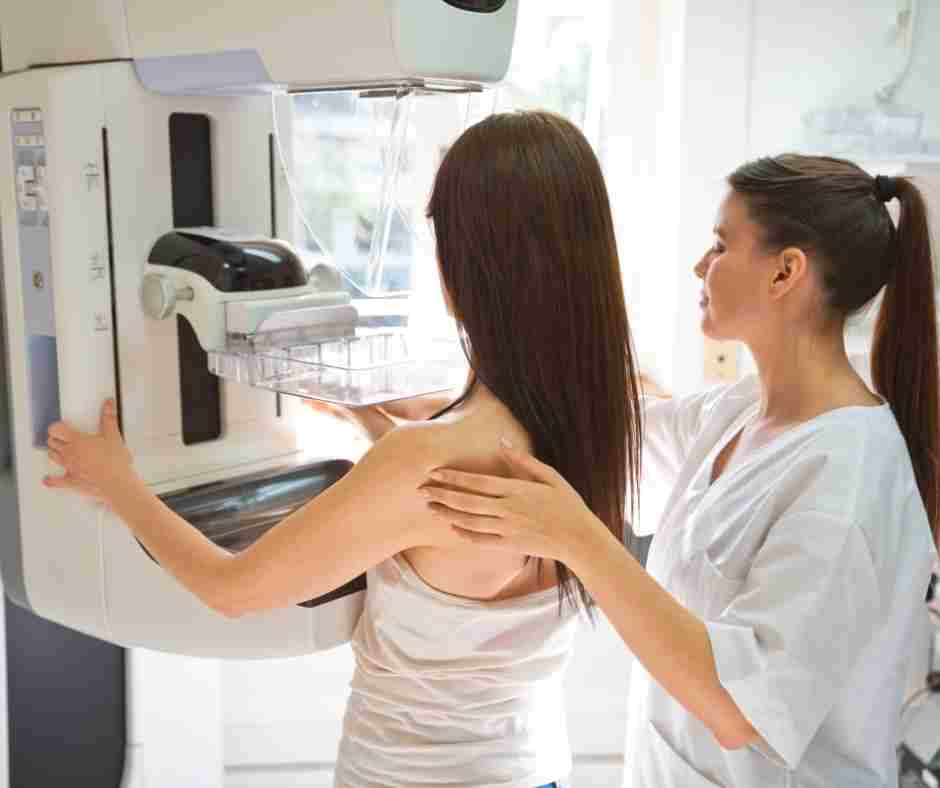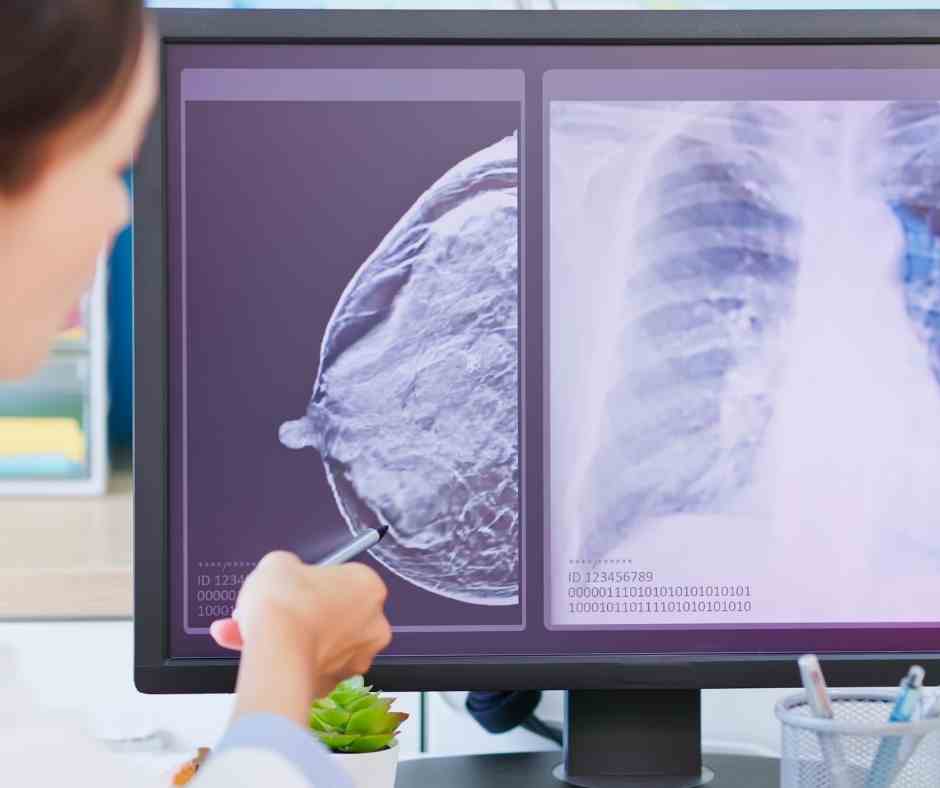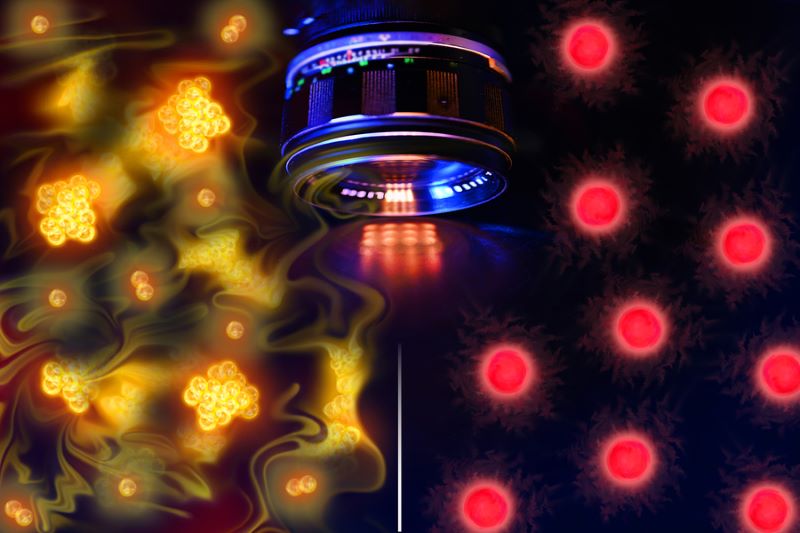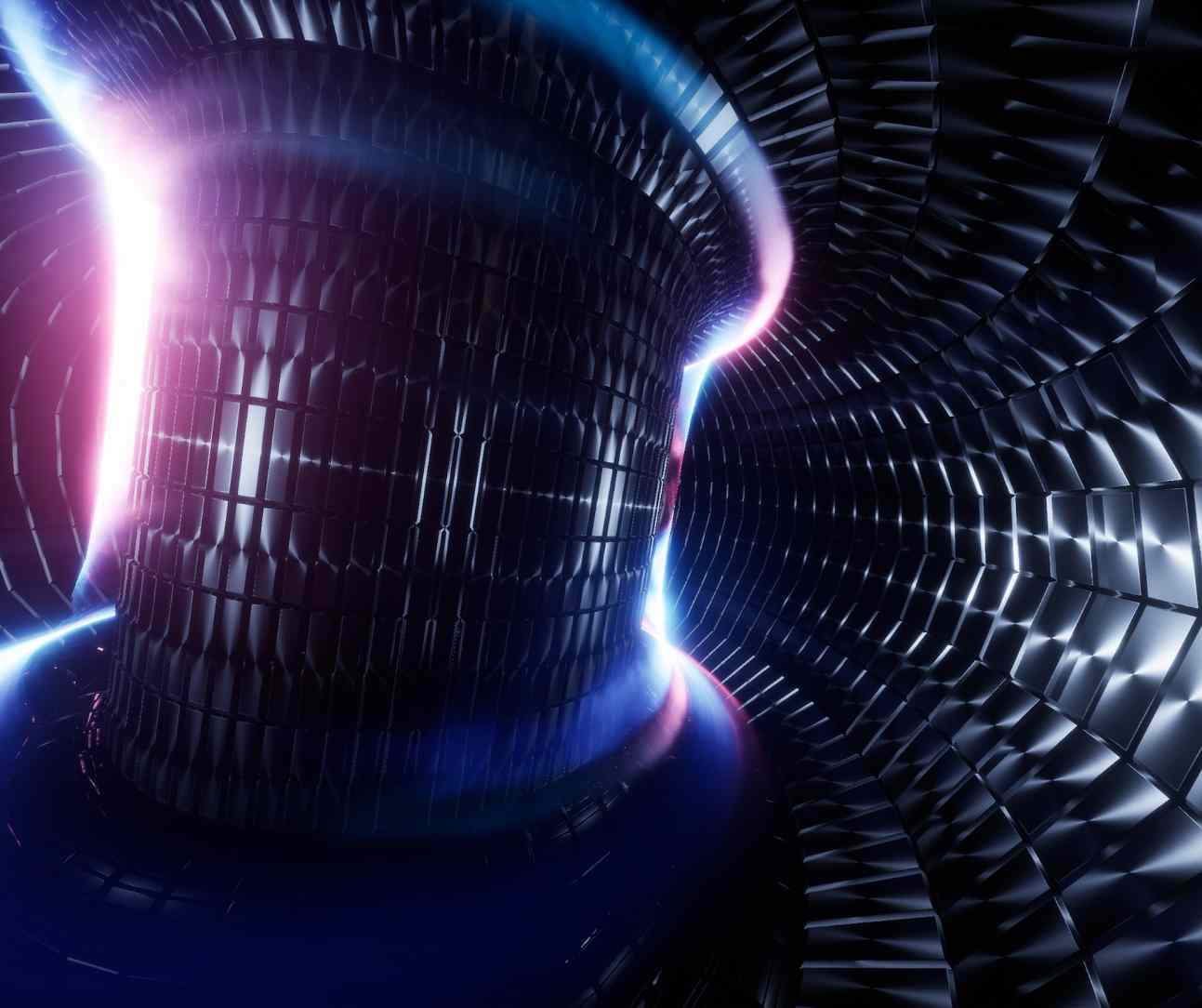The use of AI in cancer detection has reached a groundbreaking milestone. A recent study published in Nature Medicine reveals that AI significantly improves cancer detection rates in real-world mammography screenings. The findings highlight a transformative step in medical technology, reducing radiologists’ workload while maintaining safety and accuracy.
Improved Cancer Detection Rates with AI
The study was conducted between July 2021 and February 2023. It included over 463,000 women aged 50 to 69 years from Germany’s national breast cancer screening program. Among them, 260,739 underwent screening by using AI-supported double reading. The results were striking. AI detected breast cancer at a rate of 6.7 per 1,000 women, 17.6% higher than the 5.7 per 1,000 detected without AI.
AI’s performance did not compromise recall rates. The AI-assisted group had a recall rate of 37.4 per 1,000, slightly lower than the 38.3 per 1,000 in the control group. This balance demonstrates that AI enhances detection without increasing unnecessary callbacks.
Positive Predictive Value of AI in Cancer Detection

The study also reported improvements in the positive predictive value (PPV) for both recall and biopsy. For recalls, the PPV was 17.9% with AI, compared to 14.9% in the non-AI group. Similarly, biopsies had a PPV of 64.5% in the AI group versus 59.2% without AI. These results underscore the precision and reliability of AI in identifying breast cancer.
One major advantage of integrating AI into screening workflows is its potential to alleviate the radiologist shortage. The study found that radiologists spent less time reviewing scans flagged as “normal” by AI, averaging just 16 seconds per scan compared to 30 seconds for scans without AI classification. This reduction could help address the growing demand for mammography screenings as guidelines expand eligibility to more age groups.
While the results are promising, experts urge caution. Dr. Kristina Lång from Lund University emphasized the need for long-term follow-up to assess the clinical impact, particularly regarding the detection of slow-growing in situ cancers. Similarly, Dr. Katharine Halliday of the Royal College of Radiologists stressed the importance of careful deployment with expert oversight to mitigate potential risks.
A Call for Policy Changes
The study has also prompted calls for policymakers to accelerate AI adoption in medical screening. Ben Glocker from Imperial College London described the findings as a “wake-up call,” reinforcing the safety and effectiveness of AI with proper integration strategies.










